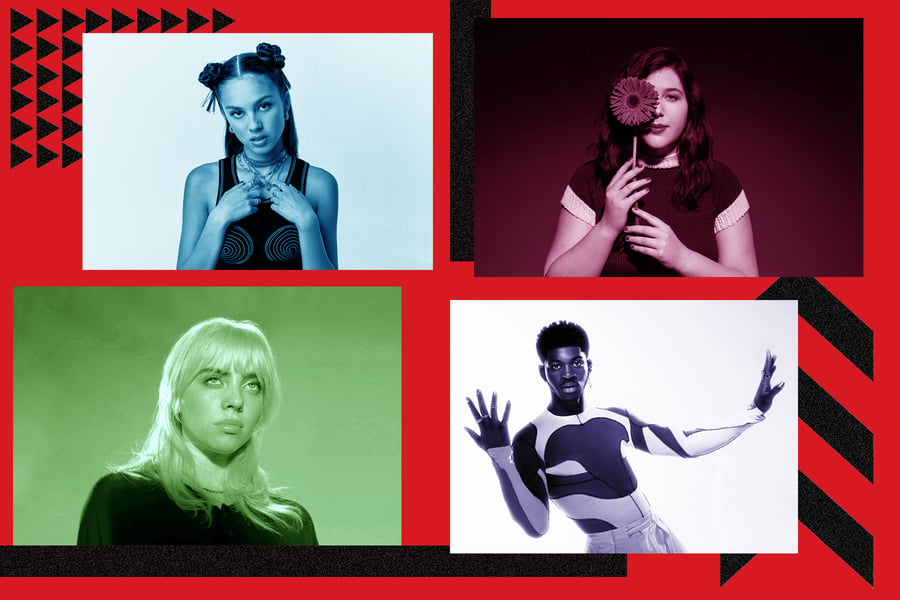The 50 Best Albums of 2021
From Adele’s heroic return to Rauw Alejandro’s thrillingly unpredictable breakthrough to Lil Nas X’s pop-rap victory lap, and much more, here are the records that pushed music forward this year

2021 had plenty of marquee events in the music world: Superstars like Adele, Billie Eilish, and Lil Nas X all came through with albums that deepened their stories and solidified their greatness. But while those blockbuster releases lived up to the industry’s ever-swelling hype, this year was often more about welcome surprises — like ornery rap visionary Tyler, the Creator meeting the world halfway with the most focused performance of his career, or Japanese Breakfast’s Michelle Zauner going from low-fi bedroom dreamer into futurist New Wave maximalist. The biggest curveball of all was an unstoppable chart phenomenon few saw coming a year ago: Olivia Rodrigo, who arrived out of nowhere (or at least the Disney Channel) to rewrite the rules of the Top 40 with her instant-classic debut, Sour.
It was a fantastic year for indie singer-songwriters whose storytelling hit as hard as their guitars (Lucy Dacus, Snail Mail) and for pop synthesists from across the Spanish-speaking world (from Afro-Cuban hip-hop fusionist Cimafunk to omnidirectional reggaeton showman Rauw Alejandro). Perhaps most exciting was the continuous arrival of wonderful records by truth-telling women from throughout the ever-shifting global hip-hop/R&B/grime/afrobeats diaspora (with stellar releases from Jazmine Sullivan, Pinkpantheress, Dawn Richard, Little Simz, and Tems, to name just a few). Throw in gems by veterans like the Foo Fighters, 59-year-old literary country-rock artist James McMurtry, and (get yours, Eighties-metal kids) Iron Maiden, and the weekly clip of must-hear stuff was as bountiful as it’s ever been.
From Rolling Stone US




















































































